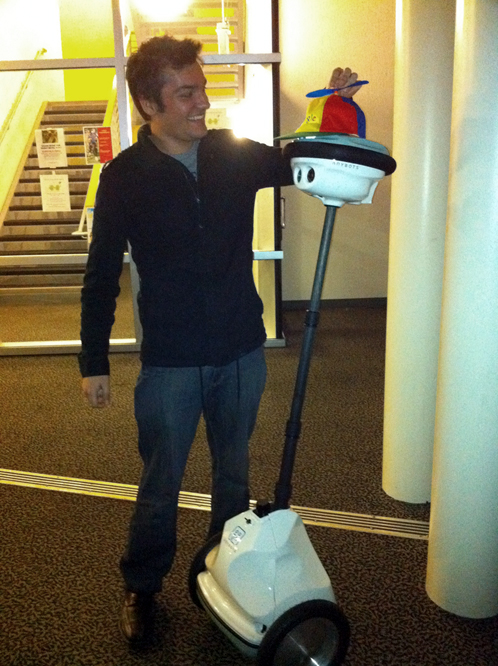The Happiness Hypothesis
Most people approach their work in one of three ways: as a job, a career, or a calling:
(1) If you see your work as a job, you do it only for the money, you look at the clock frequently while dreaming about the weekend ahead, and you probably pursue hobbies, which satisfy your effectance needs more thoroughly than does your work.
(2) If you see your work as a career, you have larger goals of advancement, promotion, and prestige.
(3) If you see your work as a calling, however, you find your work intrinsically fulfilling you are not doing it to achieve something else. You see your work as contributing to the greater good or as playing a role in some larger enterprise the worth of which seems obvious to you. You have frequent experiences of flow during the work day, and you neither look forward to “quitting time” nor feel the desire to shout, “Thank God it’s Friday!” You would continue to work, perhaps even without pay, if you suddenly became very wealthy.
The most fulfilling way to live life is working towards a greater calling or service.
Jonathan Haidt in The Happiness Hypothesis: Finding Modern Truth in Ancient Wisdom.





